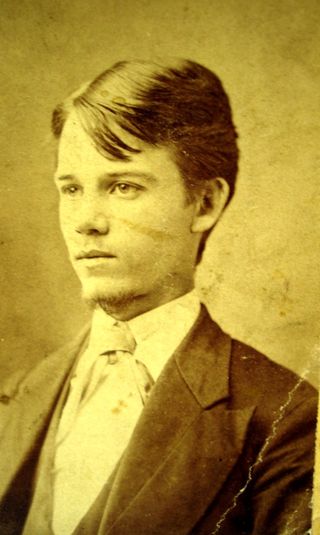
Addiction
“Preventure” – A Program for Fighting Teen Addiction
The Enneagram could add to this drug prevention tool.
Posted November 15, 2016

Patricia Conrod, professor of psychiatry at the University of Montreal, developed a program that recognizes how children’s temperament drives their risk for drug use, indicating different pathways to addiction.
Since most teenagers who try alcohol, cocaine, opioids or methamphetamine do not become addicted, the program focuses on what’s different about the minority who do. Personality testing can identify 90 percent of the highest risk children before their risky traits cause problems. Maia Szalavitz writes about “Preventure” in the 9-29-16 N.Y. Times. She is a recovered drug addict who recognizes how promising this program is.
The four risky traits are related to Enneagram types, which suggests to me that all nine Enneagram types might someday be useful for predicting addictions and other dangers. The four are: sensation-seeking (suggesting the 7-Adventurer personality); impulsiveness (suggesting the 7 and the 8-Asserter); anxiety sensitivity (suggesting the 6-Questioner, the 5-Observer, and 1-Perfectionist); and hopelessness (suggesting the 4-Romantic).
Szalavitz writes, “Most at-risk kids can be spotted early. For example, in preschool I was given a diagnosis of attention deficit/hyperactivity disorder (A.D.H.D.), which increases illegal drug addiction risk by a factor of three. My difficulty regulating emotions and oversensitivity attracted bullies. Then, isolation led to despair.” She did well in school but developed cocaine and heroin addictions out of a sense of hopelessness.
“Three of the four personality traits identified by Preventure are linked to mental health issues, a critical risk factor for addiction. Impulsiveness, for instance, is common among people with A.D.H.D. Hopelessness is often a precursor to depression. Anxiety sensitivity, being overly aware and frightened of physical signs of anxiety, is linked to panic disorder.”
It may turn out that Preventure will save unhealthy behaviors by co-dependents (unhealthy Enneagram 2-Helpers), narcissists (often unhealthy 3-Achievers), and passive personalities (often unhealthy 9-Peace Seekers).
How Preventure works:
1. An intensive two- to three-day training is given for teachers—a crash course in therapy techniques proven to fight psychological problems. The idea is to prevent people with outlying personalities from becoming entrenched in disordered thinking that can lead to a diagnosis or to dangerous behavior.
2. When the school year starts, middle schoolers take a personality test to identify the outliers. Months later, two 90-minute workshops—framed as a way to channel students’ personalities toward success—are offered to the whole school, with only a limited number of slots. Overwhelmingly, most students sign up. Although selection appears random, only those with extreme scores on the test—which has been shown to pick up 90 percent of those at risk—actually get to attend. They are given the workshop targeted to their most troublesome trait.
3. The reason for selection is not initially disclosed. If students ask, they are given honest information; however, most do not and they typically report finding the workshops relevant and useful. "'There’s no labeling,’ Dr. Conrod explains. This reduces the chances that kids will turn a label like ‘high risk’ into a self-fulfilling prophecy.” The workshops teach students cognitive behavioral techniques to address specific emotional and behavioral problems.
Preventure has reduced binge drinking, frequent drug use and alcohol-related problems in Britain, Australia, the Netherlands and Canada. A study published in JAMA Psychiatry found Preventure cut drinking in selected schools by 29 percent—even among those who didn’t attend workshops. Among the high-risk kids who did attend, binge drinking fell by 43 percent.
Studies in 2009 and in 2013 also showed that Preventure reduced symptoms of depression, panic attacks and impulsive behavior.
• Read Elizabeth’s Enneagram for Teens.

